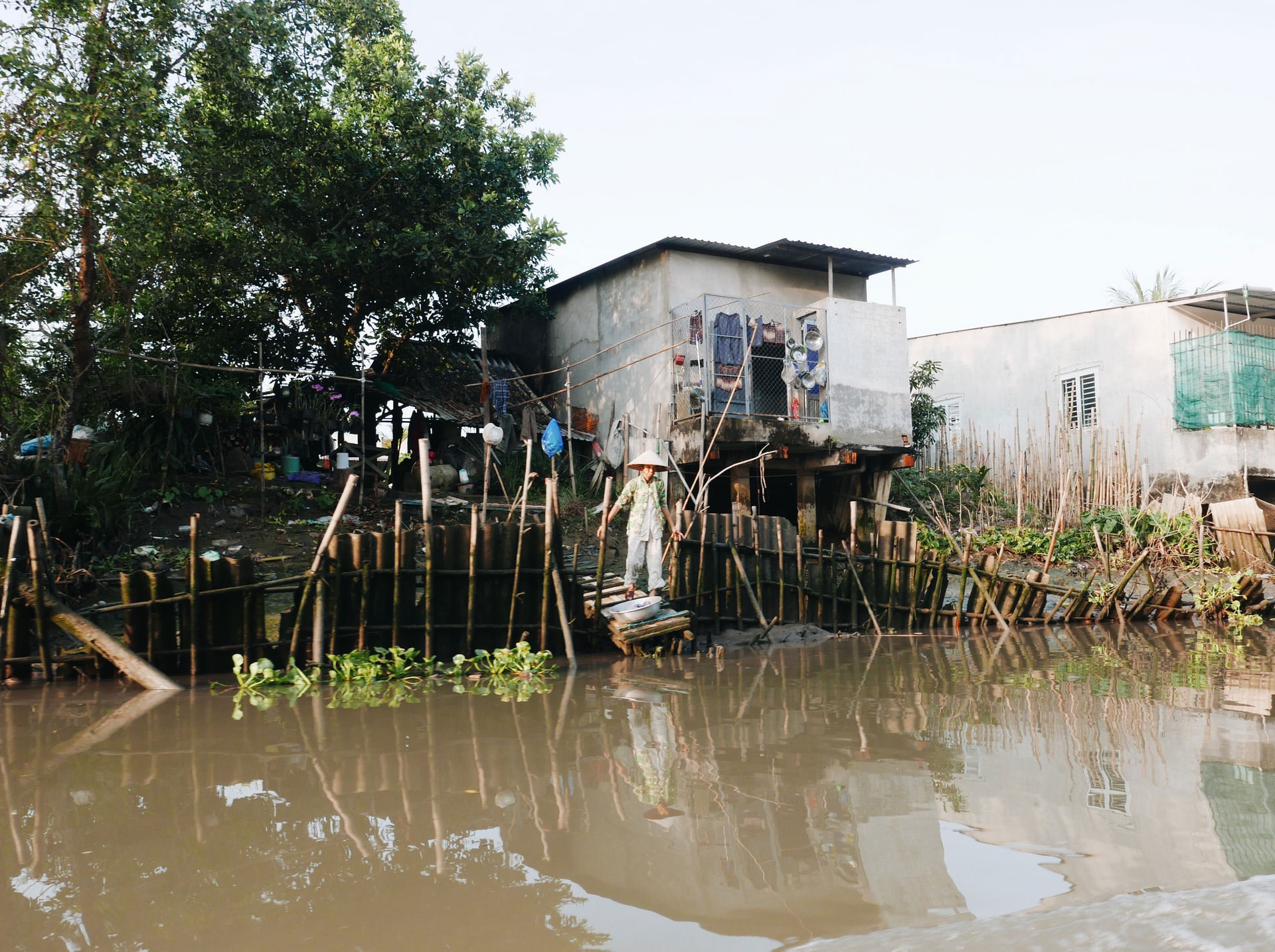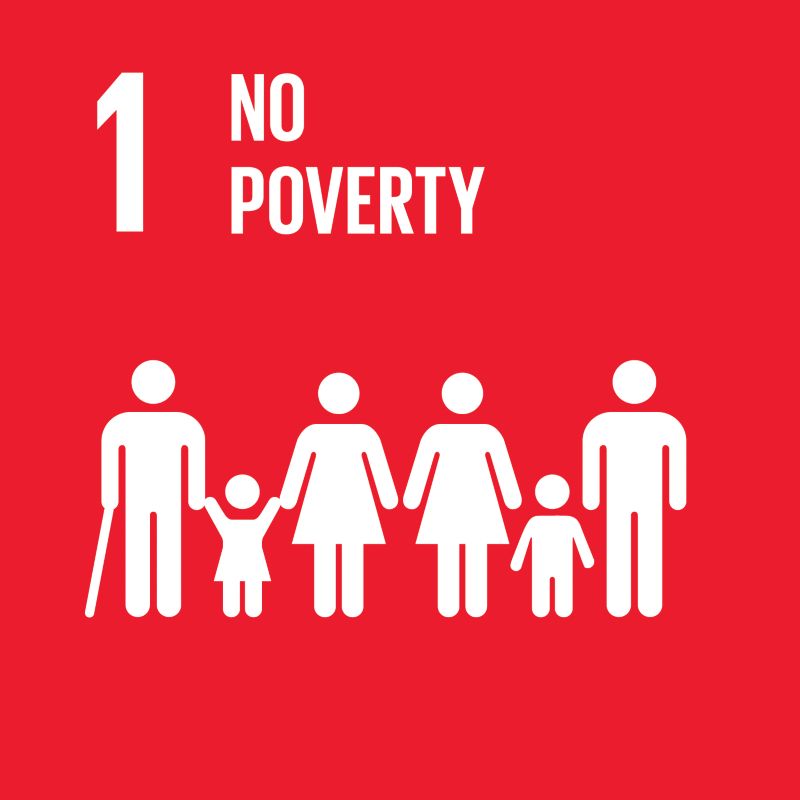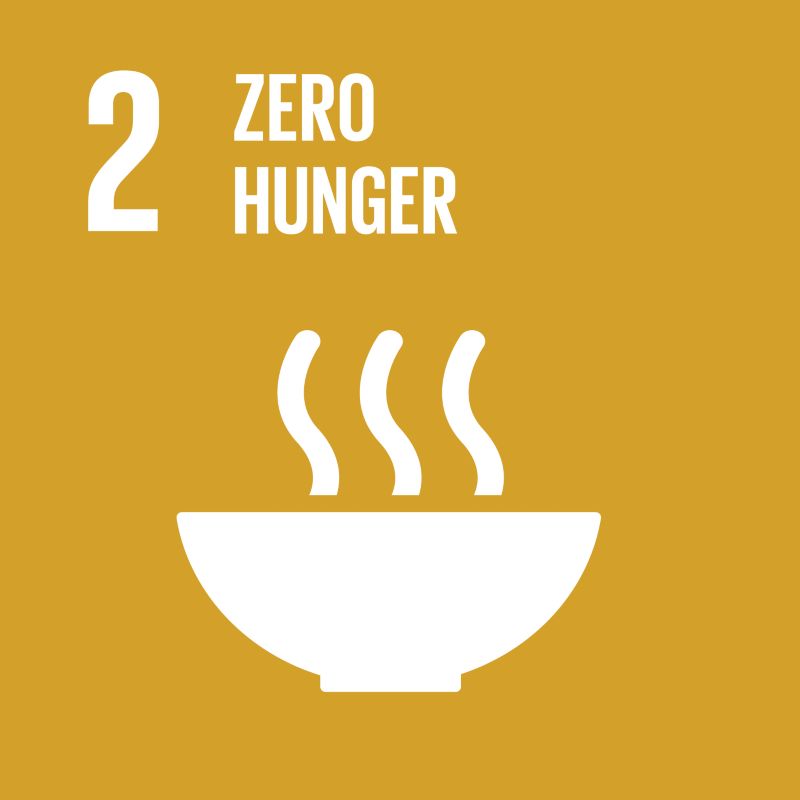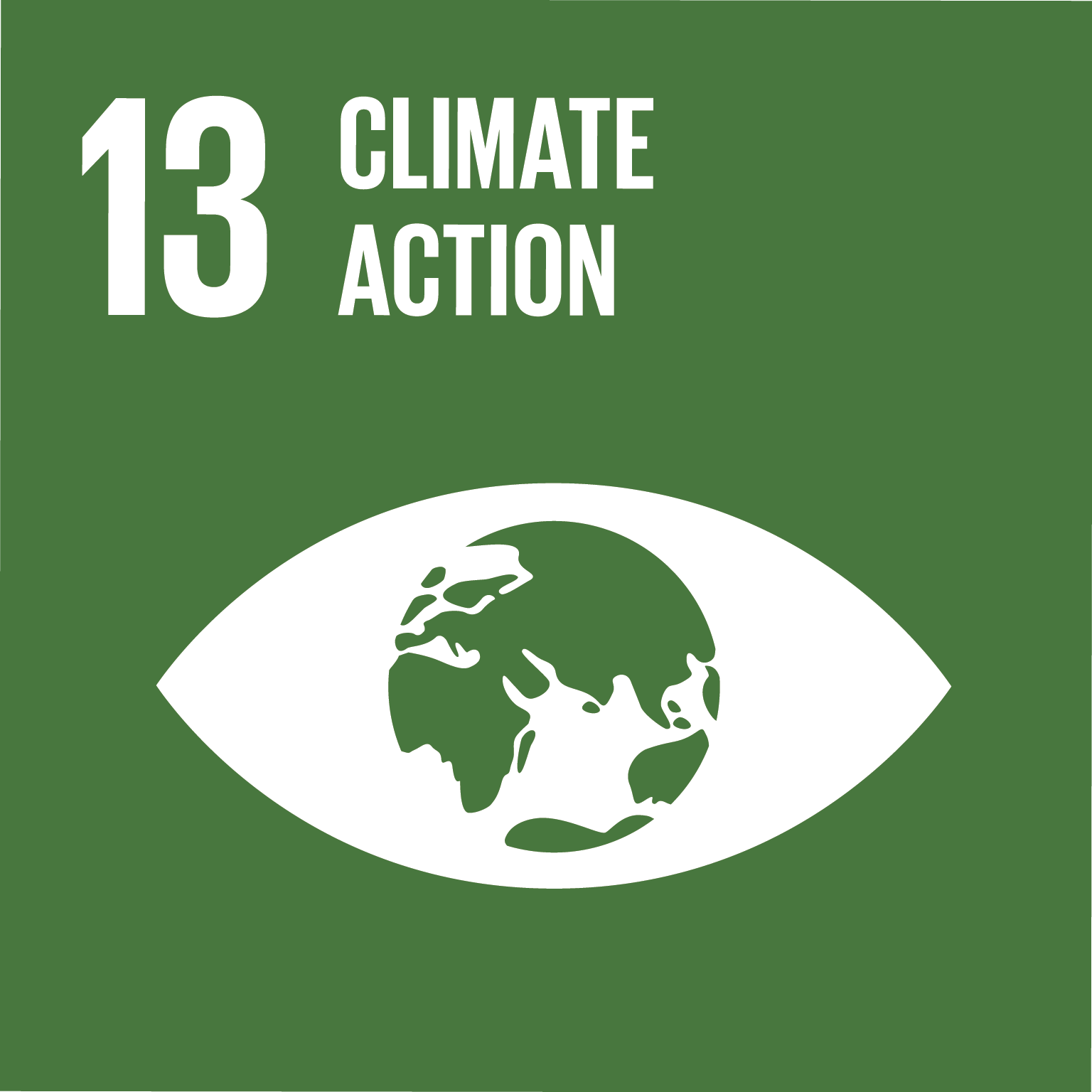Globally, natural disasters kill an average of 60,000 people per year. Ninety-five per cent of disaster related deaths occur in developing countries.
Globally, natural disasters kill an average of 60,000 people per year. Ninety-five per cent of disaster related deaths occur in developing countries. Economic losses associated with natural disasters are estimated to be 15 times higher today than they were in the 1950s. Such shocks are widely acknowledged to disproportionately affect the poorest in a society because they have fewer ways of coping with these shocks. For example, they may have less or no savings and inadequate housing. Moreover, recurrent shocks increase the vulnerability of the poor to disasters, possibly placing communities perpetually at risk and reducing their ability to break out of a poverty cycle.
In this project we investigate how households that experience environmental shocks cope to make ends meet using household-level data from Vietnam. One coping strategy that we investigate is migration. Adopting a novel empirical technique, we show that disasters raise the probability of migration from rural areas. We attribute this change to both the damage done by the storms and floods leading to the destruction of local infrastructure, and to the impact on agricultural output, which lowers rural household income. We highlight that migration is an imperfect coping strategy because some households cannot afford the costs of migration.

Another coping strategy that we investigate is responses in labour supply. Specifically, we ask if rural households respond to environmental shocks by asking children work, which increases incidences of child labour in crisis affected areas. We find that in response to these shocks, children enter agricultural work as well as spend more time doing household chores. This is likely due to above‐average rainfall being associated either with improved agricultural harvests or crop failure both, which requires additional labour to be undertaken by both adults and children. The findings indicate that environmental shocks in Vietnam might impact on a child’s education if increased labour comes at the expense of less time in school.
Finally, this project also examines the impact of environmental shocks on child health. Existing literature demonstrates that environmental shocks can impact child health by reducing household income or through increasing the incidence of disease. We identify and confirm a third mechanism: shocks impact parents’ mental health which, in turn, reduces children's physical health. Households that receive support, from both formal and informal channels, are less vulnerable to rainfall shocks, in terms of their negative impact on child health outcomes.
Project timeline: 2019 - 2020
Key contributors: Simon Feeny, Alberto Posso and Trong-Anh Trinh
Further information: Outcomes of the project can be found at the below links.
Rainfall shocks and child health: the role of parental mental health
Child Labor and Rainfall Deviation: Panel Data Evidence from Rural Vietnam
This project addresses the following Sustainable Development Goals and Targets:
1.5 By 2030, build the resilience of the poor and those in vulnerable situations and reduce their exposure and vulnerability to climate-related extreme events and other economic, social and environmental shocks and disasters
2.4 By 2030, ensure sustainable food production systems and implement resilient agricultural practices that increase productivity and production, that help maintain ecosystems, that strengthen capacity for adaptation to climate change, extreme weather, drought, flooding and other disasters and that progressively improve land and soil quality
13.1 Strengthen resilience and adaptive capacity to climate related hazards and natural disasters in all countries






